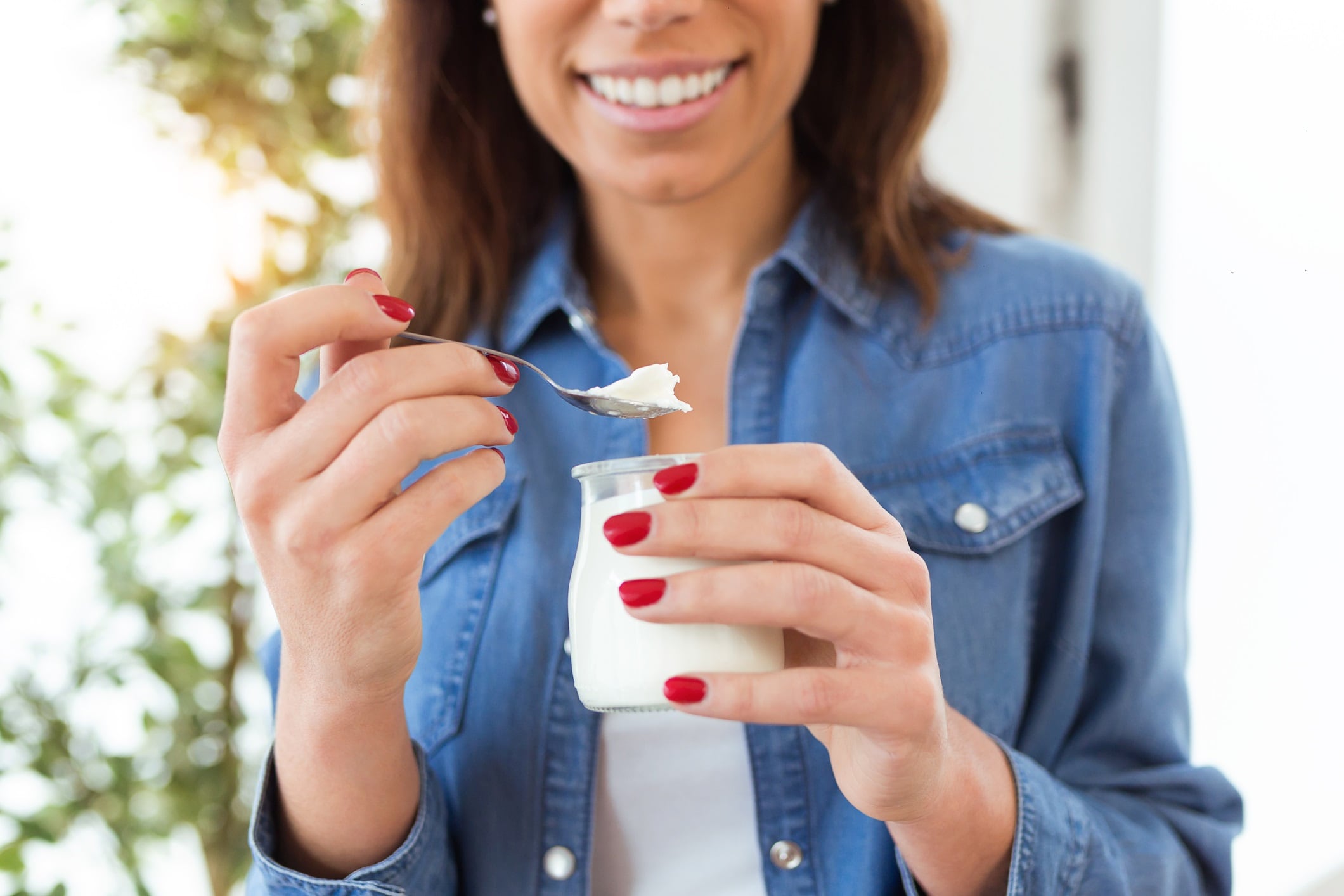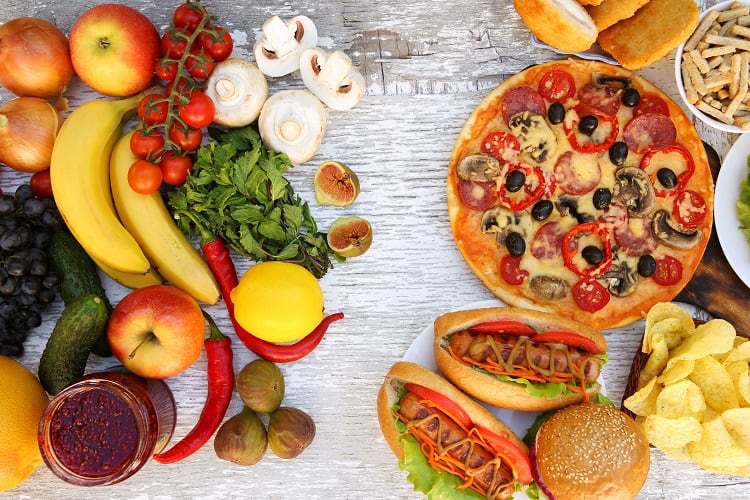Ultra-processed foods (UPFs) are essential to food safety, security and affordability. That’s according to industry experts who met recently to discuss a potential ban on ultra-processing methods.
Could UPFs be banned?
The Institute of Food Technologists (IFT) posed the question of a whether UPFs could be banned, to a panel of experts across government and academia, and the answer was, without exception, ‘no’.
“Many food companies have been reformulating their products to be healthier and will continue to do so, but proposing an outright ban on ultra-processed foods will do more harm than good,” says Anna Rosales, senior director of government affairs and nutrition at the IFT.
And while consumers might hold valid concerns over the potential health and environmental impacts of ultra-processed foods, concerns over food safety, security and cost would be far greater if they were banned.

In other words, ultra-processed foods are going nowhere. And far from showing signs of slowing, the global UPFs market is growing at a CAGR of 9% (Technavio).
“The market is expected to experience a steady increase in demand, driven by the convenience and affordability of ultra processed food,” says a spokesperson for Technavio.
Consumers need clear, concise, scientifically based information to make informed decisions
Anna Rosales, IFT
All this means the industry needs to find a way to better educate consumers on the positives and negatives of ultra-processed foods.
“Clarifying which foods to include more often and which to reserve for occasional consumption is essential,” says IFT’s Rosales. “Consumers need clear, concise, scientifically based information to make informed decisions. The current evidence suggests limiting foods that are high in added sugar, sodium and unhealthy fats, whether they are ultra-processed or not.”
What are the benefits of UPFs?
Ultra-processed foods have multiple benefits making them fundamental to food safety and security.
“Processing enables a safer final food product, removing contaminants, reducing microbial growth and extending the shelf life of foods,” says IFT’s Rosales. “Look back at the COVID-19 pandemic - we dealt with everything from supply chain disruptions to quarantine challenges - processed foods helped ensure families were fed.”
In fact, food safety was the catalyst for the creation of ultra-processing methods in the 1980s. But their benefits have stretched far beyond safety since then. Cost being one of the biggest, with Rosales explaining that processed foods help to create a more affordable, available, and accessible food environment.

Food waste reduction is another major success story of ultra processing, keeping foods and beverages consumable for longer, so they’re less likely to end up in landfill.
What’s more, the term ultra-processed foods, as defined by the NOVA classification, fails to recognise the nutrient value of different products, lumping a pot of yoghurt in with a packet of crisps.
“While how food is produced is important, the health impacts of a food are largely related to the nutritional composition,” says Rosales. “The nutritional composition of a food is determined predominately by the ingredients and secondarily by the process.”
And while there are some processes that degrade ingredients, there are also some that enhance them. The process of milling makes grains edible and improves food safety by cleaning the outer layers of bran, and extrusion of ultra-processed milk can increase protein content.
Instead of mass production, we’ve developed a continuous small-batch process
Edward Taylor, Purition
However, there are some producers successfully producing non-UPF foods and beverages at scale, such as meal-replacement drinks brand Purition.
“Instead of mass production, we’ve developed a continuous small-batch process,” says Edward Taylor, founder of Purition. “Every week, we make fresh batches so that everything leaving our facility is at its peak for both nutrition and taste. We’ve essentially reinvented how real food can be delivered at scale without compromising quality.”
Though these fail to compete on shelf life, which Taylor explains, poses retail listing challenges as supermarkets prioritise products that will last longer.
However, it shows the industry is innovating to reduce the level processing used in food and beverage products, a move which will likely be welcomed by consumers.






